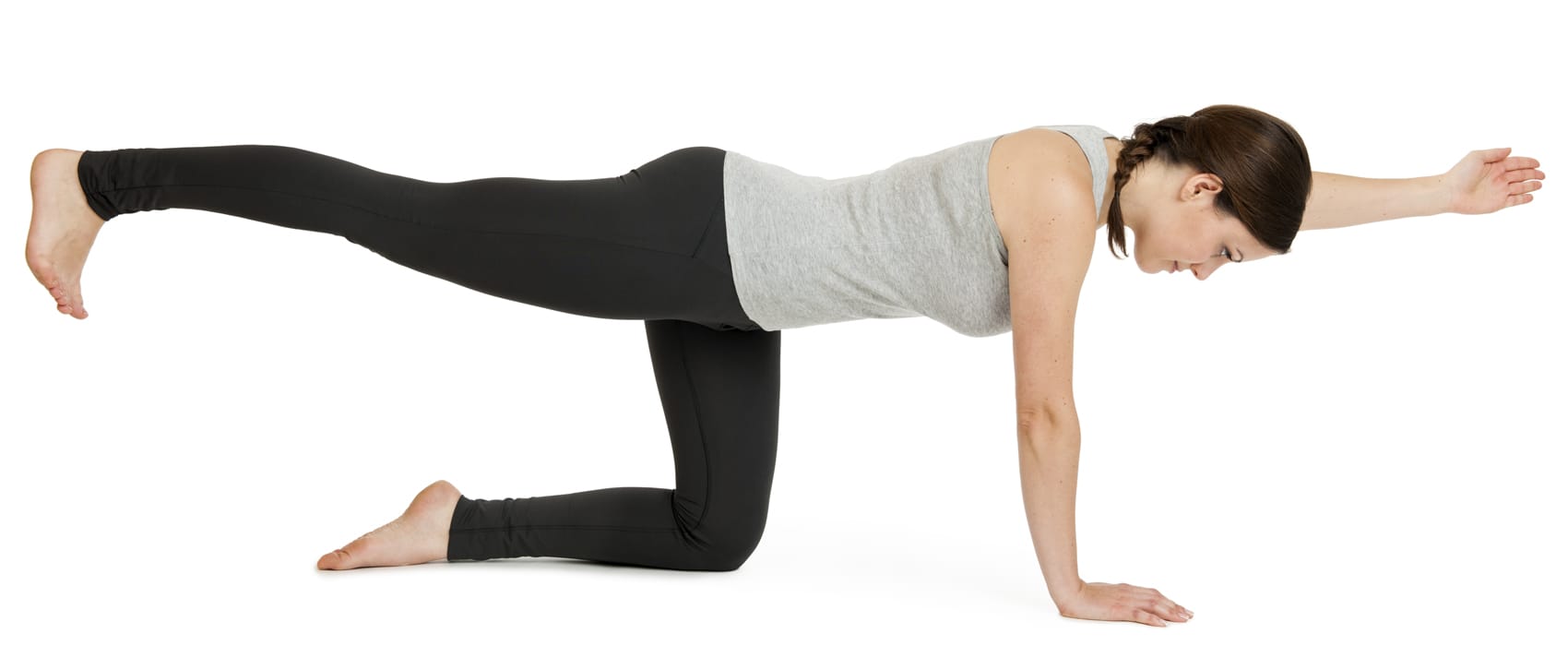What is yoga?
“Yoga” was born in India around 5000 years ago. The word yoga literally means “union”, which highlights the fundamental idea of yoga: the union of body, mind and spirit.
Yoga is not so much a religion or a philosophy, it is physical, mental and spiritual discipline, designed to promote health, balance, peace of mind and a deeper inner awareness. Ultimately, this deeper connection with ourselves manifests into a deeper connection with others.
Yoga is a vast subject, and many different approaches, styles and sub-branches of yoga have developed over the years. Some of the principal current practices include: Hatha yoga (which through the body helps develop present moment awareness), Kundalini yoga (focusing on the circulation of energy in the body), Karma yoga (detachment from the fruit of our actions), and Bakti yoga (devotional practice). There are also many others.
What is hatha yoga?
Hatha yoga is the method of yoga most commonly practiced in the West. The word “hatha”, which literally means “vigorous”, is the term generically used to describe the styles of yoga which focus on the use of physical postures (asanas) and the control of breath (pranayama).
Often misperceived just as a physical practice, it is also a mental practice that enables us to explore both body and mind. Yoga is not something we seek outside of ourselves; it is a way of existing by learning to be more present, here and now. Developing moment-to-moment awareness helps us work through emotional layers and discover the essence of who we really are, behind our layers of conditioning.
What are the benefits of hatha yoga?
The regular practice of hatha yoga is widely believed to bring a number of physical and mental benefits at both preventative and therapeutic levels.
The physical benefits include:
- improved flexibility
- development of muscle strength and tone
- improved overall body posture and spinal alignment
- relief from back pain, reduction in shoulder tension
- stimulation of endocrine system (glands and hormones)
- better digestion and elimination
- improved circulation
- strengthened immune system
- increased respiratory capacity
- helpful for weight loss
The mental benefits include:
- increased self awareness
- improved concentration
- better clarity of mind
- stress reduction, relaxation
You’re not flexible? No big deal.
Contrary to what many people think, doing yoga does not mean being able to put your foot behind your head! We all have varying degrees of flexibility, this is normal. However – excessive tension resulting from, for example, years of repetitive sports practice, poor posture, and/or the accumulation of mental stress, can be alleviated through yoga practice. And, over time, you will become more flexible.
Does yoga reduce stress?
Yoga is particularly effective in the area of stress reduction because it acts at all levels: physical, mental and spiritual. Relaxation is induced by a combination of factors: release of muscle tension, repetition of continuous movements, concentration, deep and regular breathing, the effect of some specific postures.
How often should I practice yoga to experience the benefits?
The more often you practice, the better you will feel. Even if you practice once a week, you will progress steadily. Once you feel confident enough you can start practicing at home between group classes (15 minutes a day is enough to start). You can adapt your practice to your schedule, your energy level, or whatever you feel physically or emotionally. It’s better to do a little bit frequently rather than too much irregularly.
Does Yogaworks teach meditation?
Not specifically. The classes taught at Yogaworks focus mainly on self awareness through the physical aspects of yoga, i.e. the practice of asanas (postures) and pranayama (control of breath). However, with the right attitude, the practice becomes “meditation in motion” leading to increased present moment awareness.
Can I attend classes at Yogaworks if I’m pregnant?
Yogaworks is not offering specific prenatal classes. However, if have been practicing yoga or Pilates before and with the consent of your doctor, you may attend certain classes.

